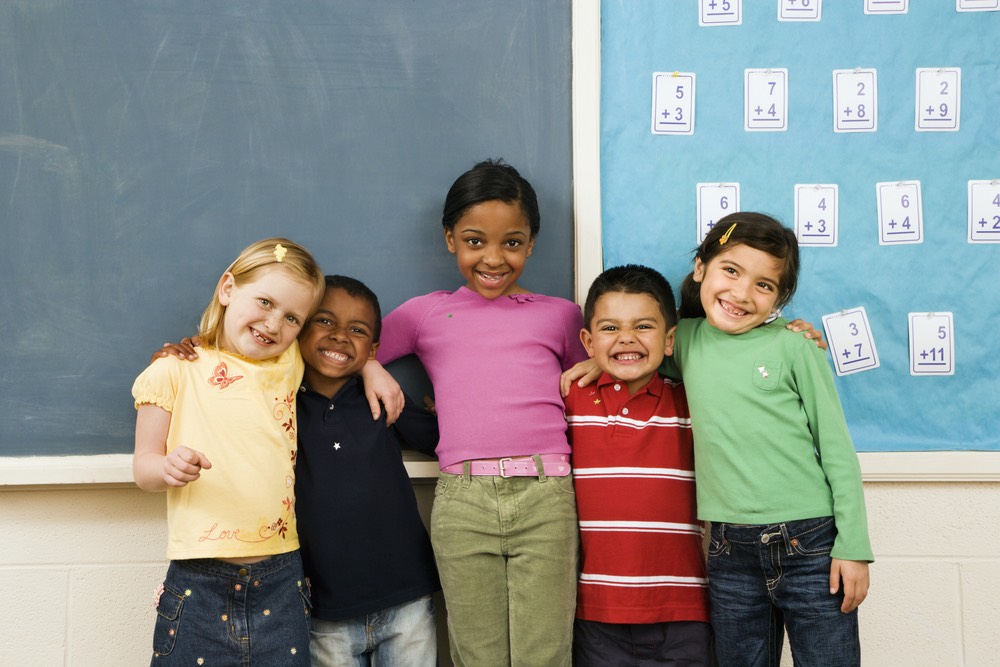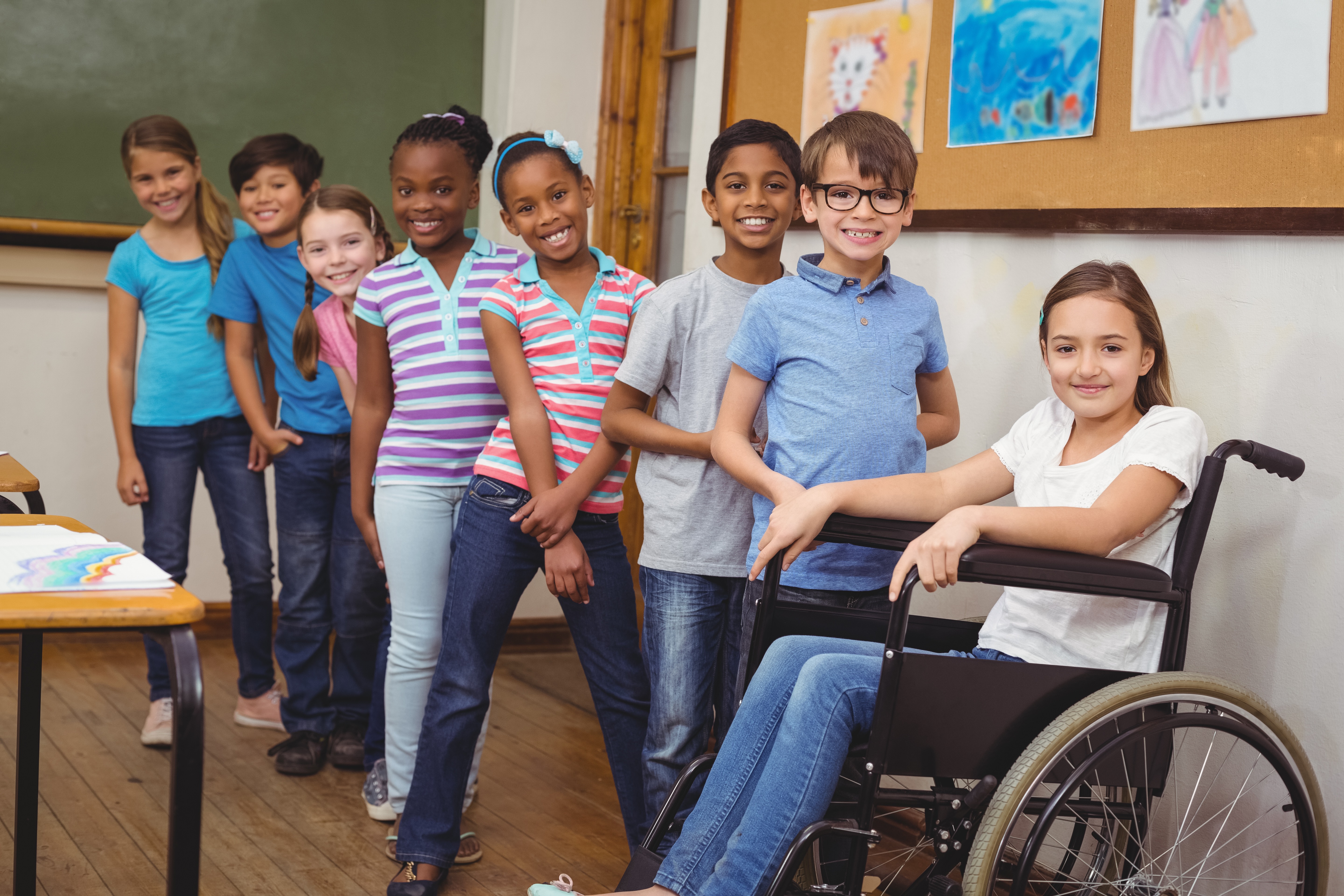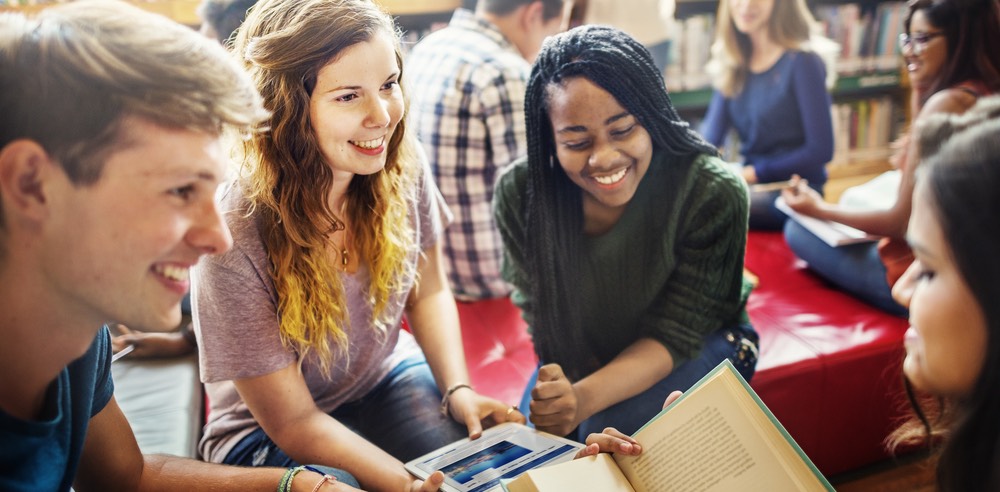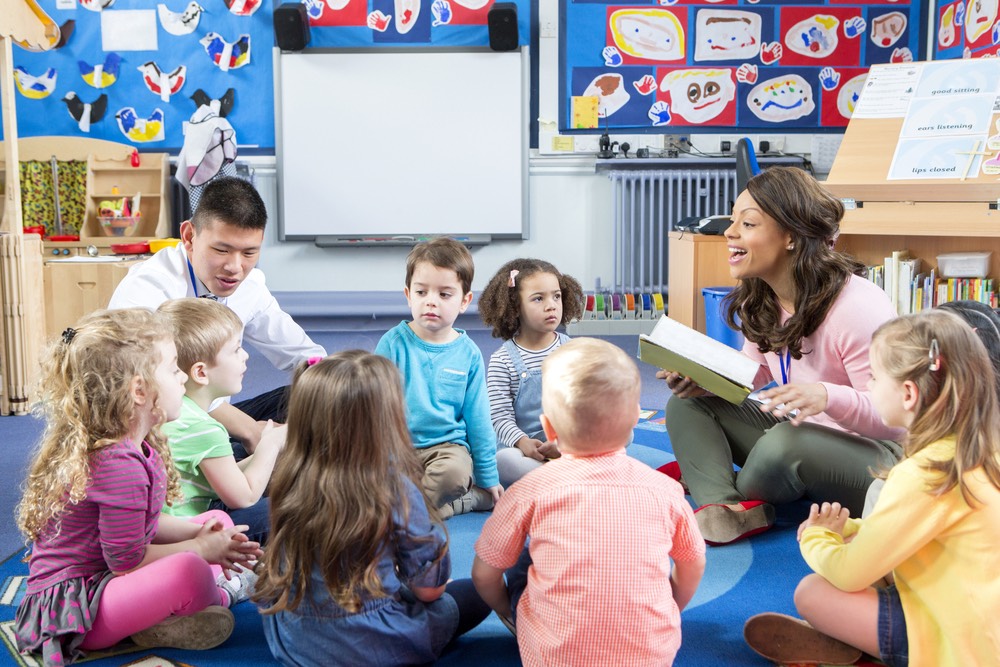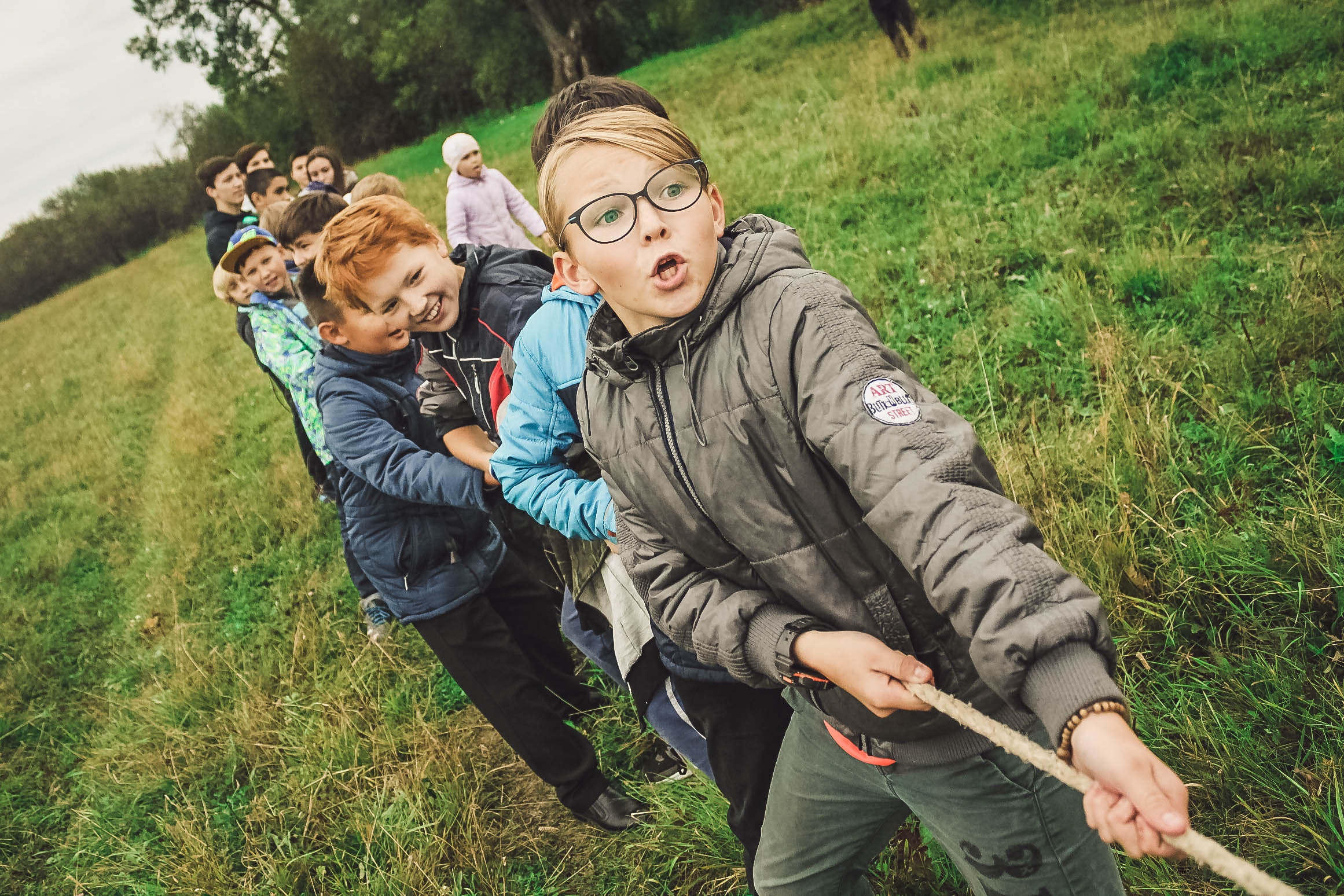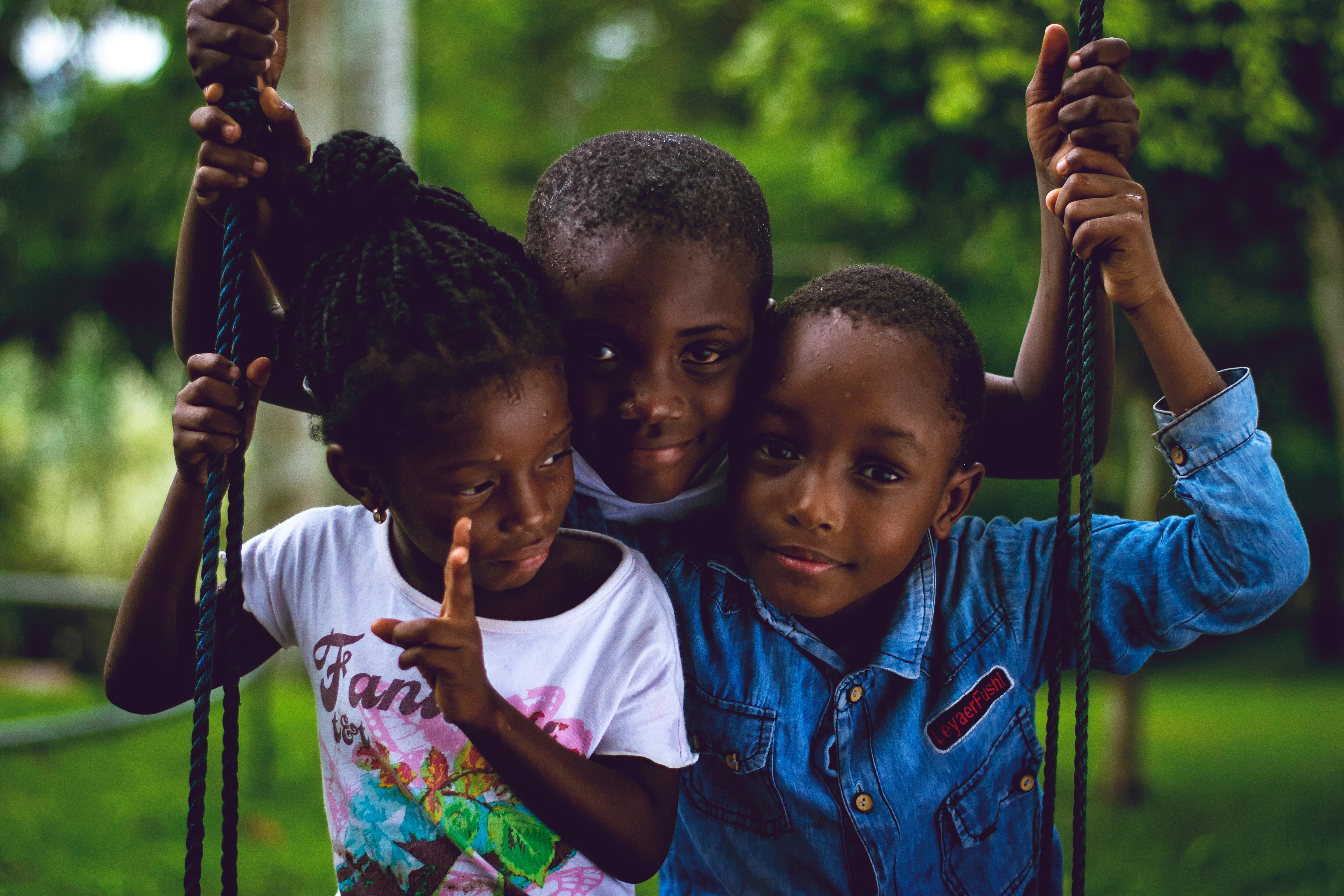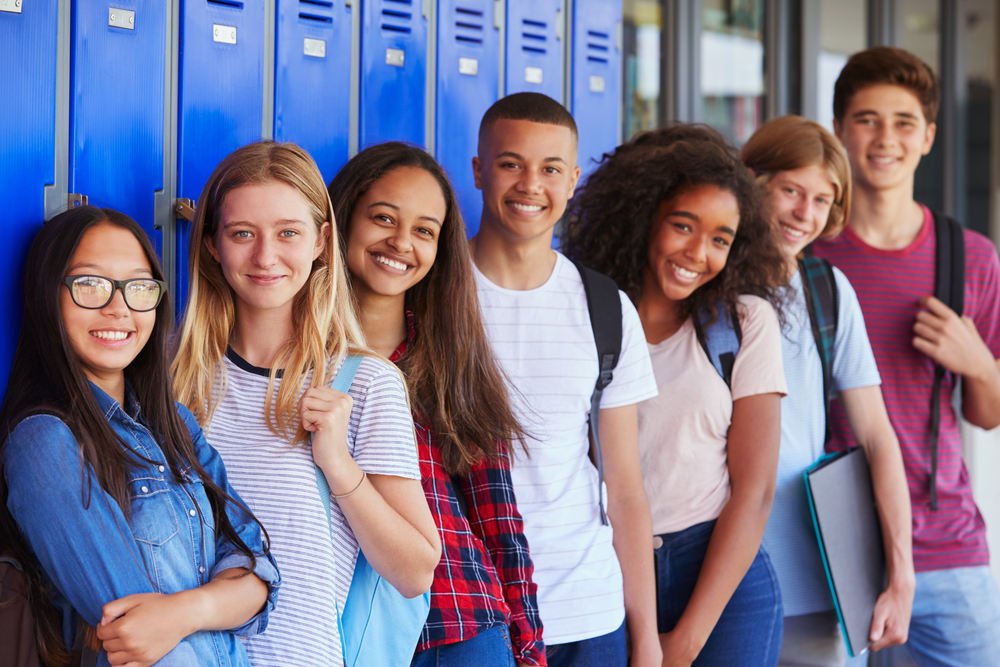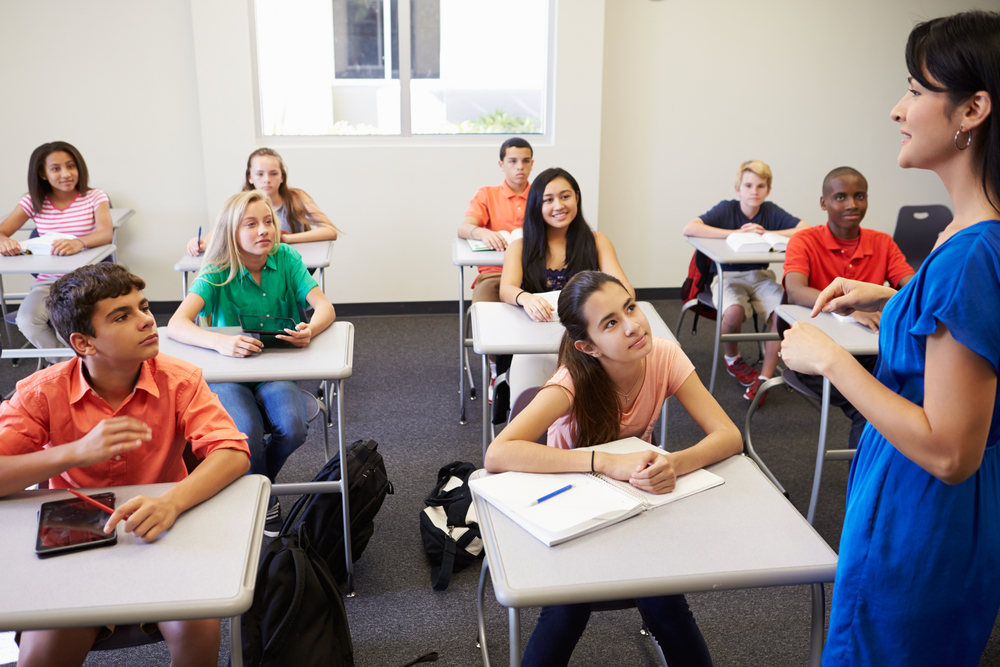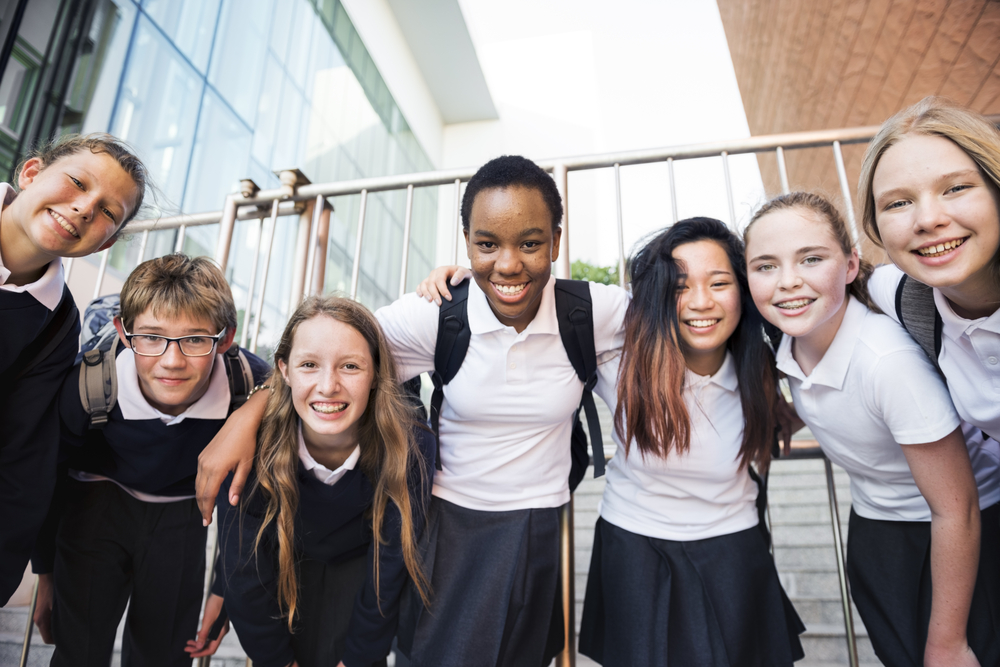General Information
The Strong Kids Social and Emotional Learning (SEL) programs consist of 12 carefully sequenced lessons that are designed for maximum impact on cognitive, affective, and social functioning within a relatively brief period of time and relatively little preparation and training. Each of the lessons is overviewed below.

Strong Start—Pre-K and Strong Start—K–2 is a social-emotional prevention and early intervention program consisting of 10 carefully sequenced lessons. The curriculum is designed for maximum impact on cognitive, affective, and social functioning of young students. Students develop increased social-emotional competencies by practicing and building upon skills and strategies learned throughout the curriculum.
Strong Start can be used in a variety of educational settings for typically developing children or for children who have learning or behavioral challenges.
Each lesson provides students with:
- Instructional scaffolding
- A review and introduction of the lesson and key concepts
- A range of examples to define and teach the concept
- Opportunities to practice and integrate skills through activities
- Opportunities for generalization and maintenance of skills
Lesson 1: The Feelings Exercise Group Students are introduced to the Strong Start curriculum, and specifically the purpose, goals, expectations, and general practices.
Lessons 2 and 3: Understanding Your Feelings Students are engaged in activities intended to improve their emotional vocabulary, awareness, and resiliency skills. Students learn that, although it is okay to have any feeling, there are appropriate and inappropriate ways of showing or expressing feelings.
Lesson 4: Understanding Other People’s Feelings Students focus on discerning and understanding the feelings that other people experience to positively inform their emotional awareness skills.
Lesson 5: When You’re Angry Students develop an understanding of anger, and specifically, recognition of anger, common situations that might lead people to feel angry, and how to appropriately respond when others are angry.
Lesson 6: When You’re Happy Students develop an understanding of happiness, and consider the connections among this feeling, their thoughts, and various contexts. Students are also introduced to cognitive restructuring techniques to reframe and view situations more positively.
Lesson 7: Learning Appropriate Techniques to Manage Stress Students are taught to apply specific behavioral, affective, and cognitive skills and strategies to situations that might cause them worry and anxiety.
Lesson 8 - Being a Good Friend Students are introduced to skills that foster effective interpersonal communication. Skills such as using a nice voice, being a good listener, making appropriate eye contact, and using appropriate body language are emphasized.
Lesson 9: Solving People Problems Students build upon their skill-set by considering ways to effectively resolve conflicts with their peers. Learning these skills may serve as a preventive factor for deterring emotional as well as social problems.
Lesson 10: Finishing Up! Students review key points and terms from the lessons presented throughout the previous several weeks. This lesson emphasizes celebrating the accomplishments that have been made through involvement with the Strong Start curriculum
